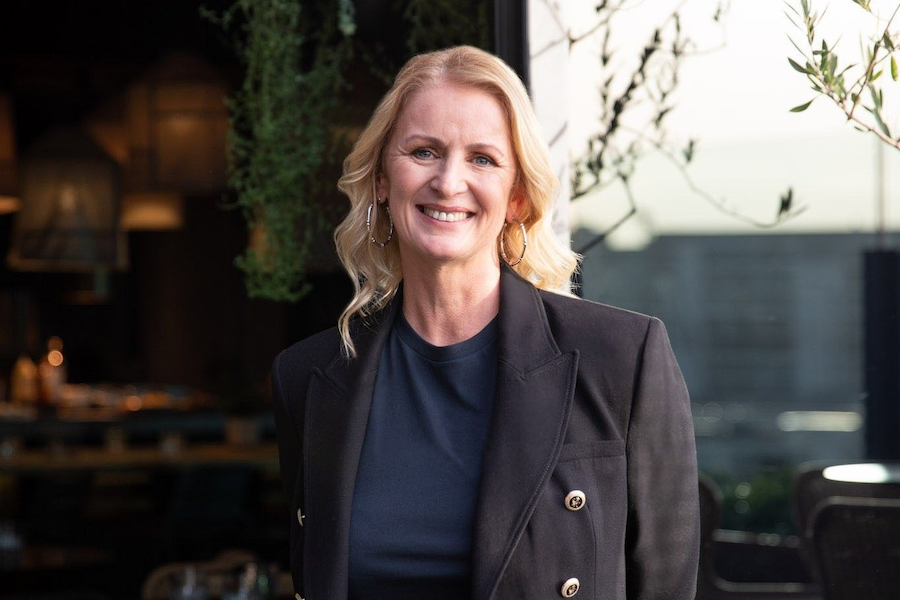In the volatile world of small business, maintaining financial stability is paramount, yet often overlooked. A well-managed cash reserve can be the difference between surviving unforeseen challenges and facing a financial crisis.
In the world of small business, financial stability is not just a goal – it’s a necessity. Amid the hustle of meeting customer demands, managing operations, and driving growth, one critical element I often see overlooked is the importance of a solid cash reserve.
Cash flow problems can strike unexpectedly, stemming from factors beyond your control like delayed payments, slow-moving inventory, or sudden economic shifts. Ensuring you have a financial cushion can mean the difference between weathering a storm and facing a crisis.
The importance of having a cash reserve
A cash reserve acts as a financial safety net for your business, similar to a personal rainy-day fund. It’s a dedicated sum of money set aside to cover essential expenses – such as payroll, insurance, and utilities – during tough times.
By rule of thumb, a business should maintain cash reserves equivalent to three to six months’ worth of expenses. But our recent research with YouGov found that many Australian small businesses fall short of this benchmark, often holding only two to three months’ worth of expenses, with one in five SMEs having no cash reserves at all.
In light of our seemingly never-ending years of economic uncertainty – between Covid, recessions, and cost-of-living crisis – being proactive about your financial health is not just wise; it’s essential. Sometimes last-case scenarios can become the only option. Alarmingly, this is the case for nearly one in three business owners who are paying business expenses with their personal funds, with 46% reducing their own income to get by.
How to build a cash reserve
1. Determine how much to set aside
While SMEs are generally advised to set aside three to six months of expenses, it’s important to have a grasp on the exact amount your business requires. To determine your specific needs, review your monthly cash flow reports and sum up recurring costs like payroll, rent, supplies, and marketing. For startups or early-stage businesses not making excess profit yet, calculate your burn rate by examining several months of cash flow data.
2. Establish a cash reserve account
While many small businesses keep their cash reserves in a business checking account, it can be beneficial to move idle funds into a liquid, interest-bearing account. This strategy helps your reserve grow while remaining accessible.
3. Valuate excess cash
Regularly assess your operations to identify genuine excess cash that doesn’t compromise your company’s near-term financial stability. You may choose to allocate this surplus to your cash reserve.
4. Consistent savings
A little bit can go a long way. For example, consider setting aside a small but consistent percentage of your profits and deposit those funds into your cash reserve account.
5. Using your cash reserves
Cash reserves can allow your business to quickly access funds in case of unexpected expenses or time-sensitive opportunities. You should consider replacing any funds you use as quickly as possible – that way you’ll always have extra funds at hand.

How to successfully maintain your cash reserve
Monitor cash flow regularly: You can use financial software or spreadsheets to track cash flow, identifying trends and potential shortfalls before they become significant problems. Use the system that works efficiently for you.
Avoid unnecessary expenses: It’s often a good idea to distinguish between essential and nice-to-have expenses. Consider the pros and cons of maintaining a lean spending approach.
Plan for seasonality: You might want to build up extra cash reserves during peak seasons to sustain your business through quieter periods.
Seek professional advice: It might be useful to consult an accountant or financial adviser to develop a tailored cash management strategy that suits your business needs.
Where to turn for financial advice
On top of running your business, establishing a solid cash reserve can often feel like another item on a never-ending to-do list. However, seeking expert advice can make the process of building and maintaining a reserve much more manageable.
Trusted financial advisers can offer tailored strategies to optimise your cash flow and reserve management. They can help you identify areas for cost savings, optimise your budget, and plan for future financial needs.
Look at funding options
At Prospa, we see first-hand the importance of having a strong financial foundation. We offer fast, flexible access to funds that can bridge gaps during lean periods, allowing you to keep your cash reserves intact.
Building a robust cash reserve is crucial for the longevity and stability of any small business. By proactively creating and maintaining a healthy cash reserve, you can ensure your business is prepared for any eventuality. Your future self, and your business, will thank you.
This article was originally published in the September 2024 issue of NZBusiness magazine. To read the issue, click here.



